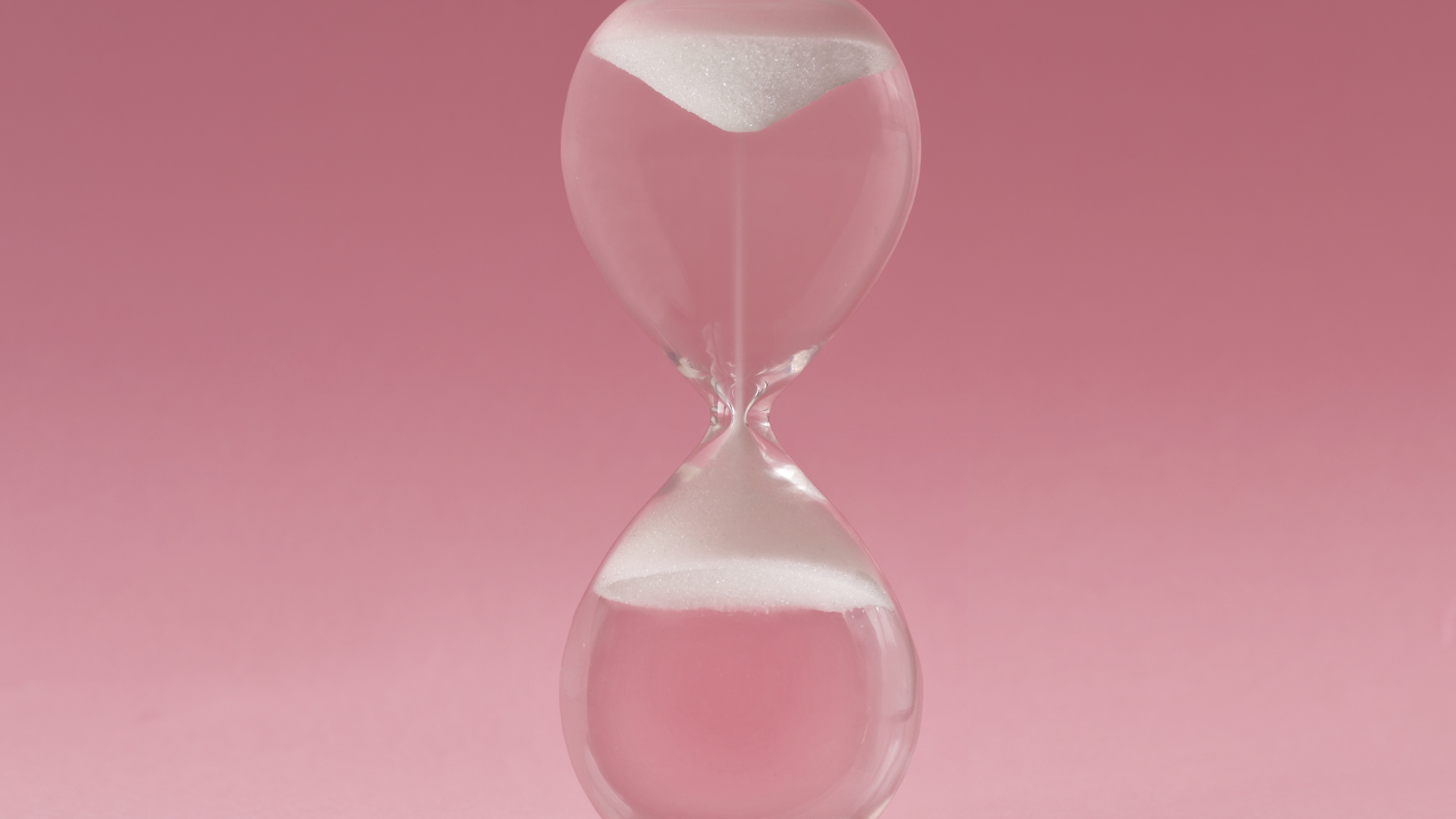How does menopause affect your sex life?

Understanding the menopausal impacts on sex drive, confidence and intimacy.
This guide contains general advice only. If you need more tailored support, please book in a session.
It’s menopause awareness month, and so I wanted to talk to you about two topics that so often go unspoken in our society. Menopause and sex.
Menopause is a significant life transition that can profoundly impact a woman's sex life and intimacy. Understanding these changes is crucial for navigating this phase of life with more self awareness, confidence and connection.
But don’t fear! It is very possible to manage these symptoms, helping you not only ‘survive’ the impacts of aging on your sex life, but perhaps even embrace them.
Many of the women I work with are in their 40s,50s and 60s, and it often becomes their most sexually liberated, explorative, communicative, and satisfying chapter!
Impacts of Menopause on Sexual Life and Intimacy
During menopause there are many hormonal, physical, chemical, and mental changes happening in your brain and body. Many of these can have huge impacts on things like libido, sexual pleasure, intimate relationship(s), self confidence and overall feelings of identity.
Understanding the common impacts of menopause is a great first step in feeling more self aware and self compassionate (or empathetic to your partner).
- Hormonal Fluctuations and Low Libido
As women approach menopause, hormonal changes, particularly the decline in estrogen and testosterone, can lead to a decreased libido and desire for sex. This reduction in sexual desire is common, affecting more than 32% of women aged 40 to 65, often causing distress and impacting intimate relationships. Many couples enjoy sex as a way to maintain connection, play, and fun in their relationship, and so feel emotionally less connected when sex is no longer desired as often or even at all.
- Mood Changes
Menopause often brings mood fluctuations, including irritability and anxiety, which can act as significant barriers to sexual desire. Feeling irritable and anxious is rarely a turn on for anyone! These emotional shifts may also create tension in relationships, leading to misunderstandings about intimacy needs and desires.
- Vaginal Dryness
A decrease in estrogen levels can cause vaginal tissues to become thinner and drier, leading to discomfort or pain during intercourse. This condition not only reduces pleasure but may also discourage sexual activity altogether. If sex becomes painful, it’s not surprising that desire for sex and how enjoyable it becomes decreases. Explore SheSpot's collection of vaginal moisturisers designed to support during periods of hormonal dryness.
- Hot Flushes and Sleep Disturbances
Hot flushes can be uncomfortable and disruptive, often affecting sleep quality. The fatigue and discomfort associated with these symptoms can diminish interest in sex, making it feel less and less appealing.
- Confidence and Body Image Issues
All of these side effects, plus others like changes in body shape and the natural ageing process can often lead to decreased self-esteem and feelings of unattractiveness. I often hear my female clients say that they are ‘loosing their femininity’ or no longer feel ‘like a woman’. Societal attitudes towards ageing women can exacerbate these feelings, making many women feel like they are no longer attractive, sexy, or deserving of great sex. Nearly everyone wants to feel desired and desirable - it’s a huge part of libido and sexual confidence.
Enjoy!
Alice x
Alice Child - Somatic Sexologist, Sex Therapy & Sex Counsellor - helps people achieve happier and healthier sex lives through 1:1 sex coaching, couples sex counselling, hens parties, and workshops. Book a session here.
